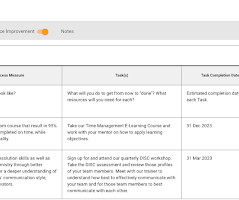Talent Development Basics: Definition, Examples, and Strategies
WorkDove
MAY 7, 2024
Summary What is Talent Development? Talent development is the commitment to offering employees opportunities for growth and learning that are strategically aligned with the organization’s mission and vision. ATD says it best: “At the heart of talent development are the people – the talent.”















Let's personalize your content